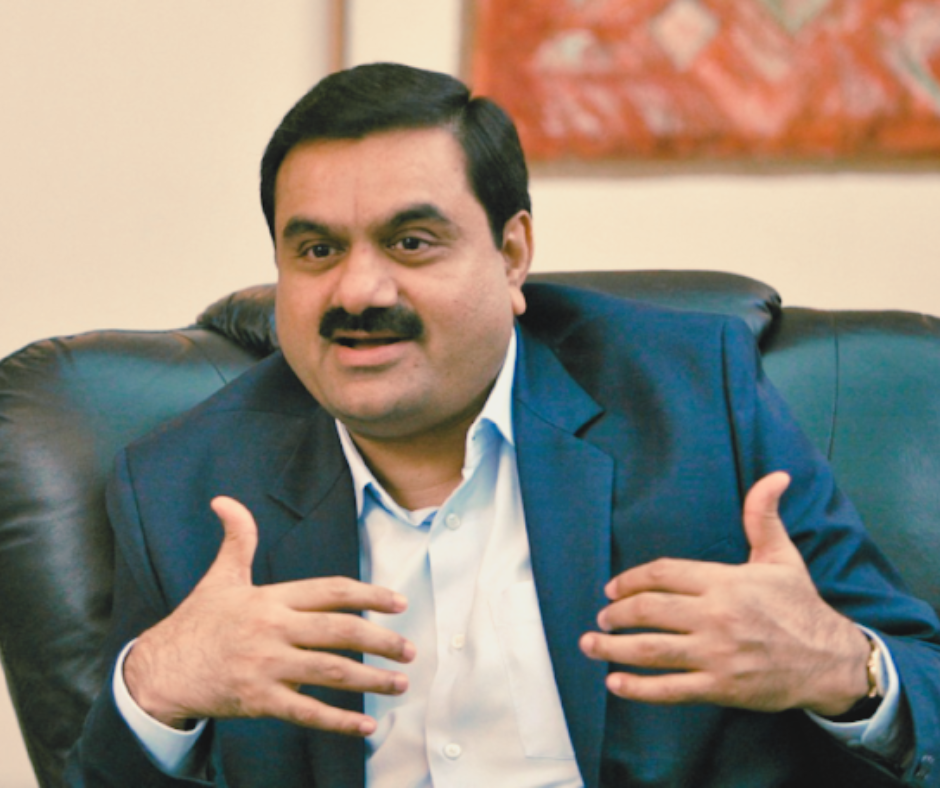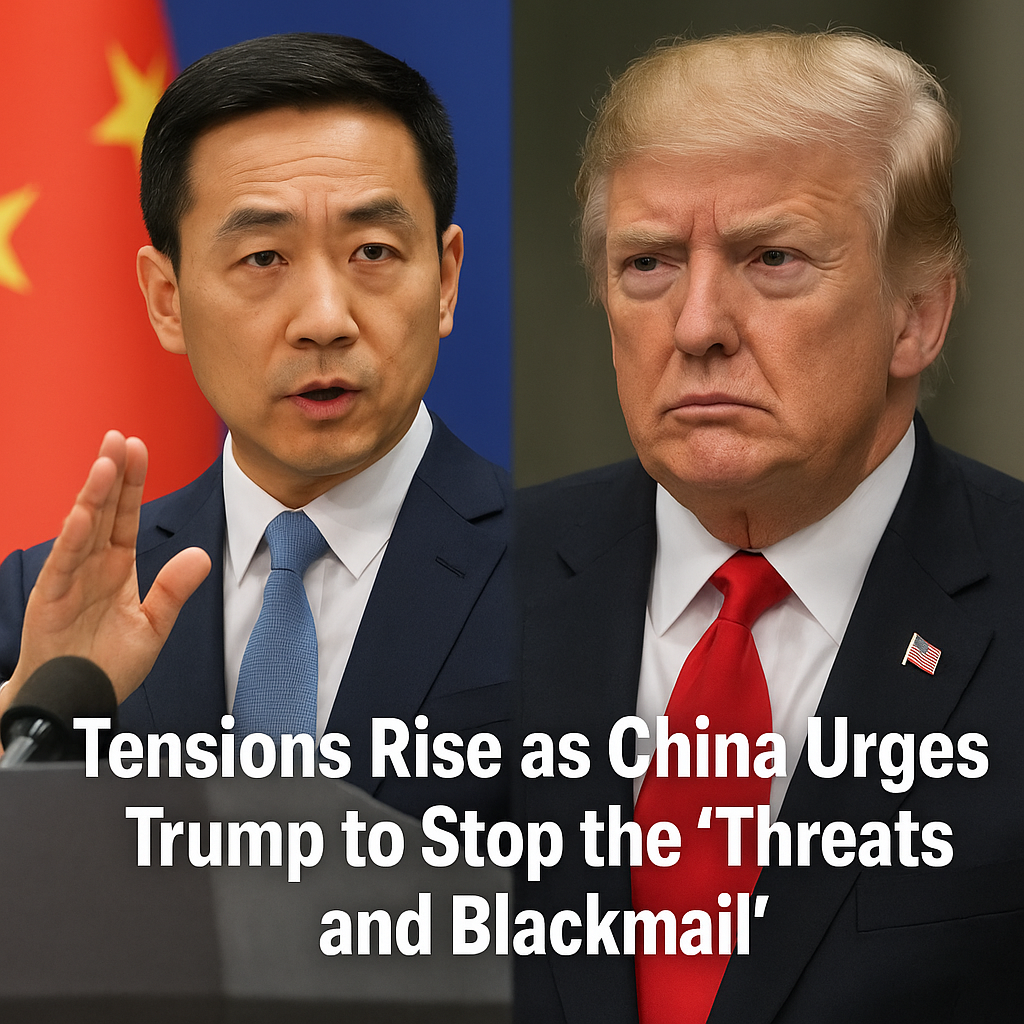Beirut, Aug 14 — Lebanon’s leadership delivered an unusually blunt message on Wednesday, making it clear that the country will not bow to outside influence, no matter where it comes from. The strong words came during a high-profile visit by Iran’s Supreme National Security Council chief, Ali Larijani, at a time when Beirut is preparing plans to disarm Hezbollah — a move Tehran has openly opposed.
For decades, Iran has held significant sway in Lebanon through its close ties with Hezbollah, a group it has funded and armed. But the firm tone from President Joseph Aoun and Prime Minister Nawaf Salam hints that the political landscape may be shifting.
“We reject any interference in our internal affairs,” President Aoun stated firmly. “It is forbidden for anyone to bear arms and use foreign support as a bargaining chip.”
Prime Minister Salam echoed this, adding, “Lebanon will not accept interference in any form. We expect from the Iranian side a clear commitment to respecting our sovereignty.”
This pushback comes after months of change in the region. Hezbollah, once a dominant force, has suffered heavy blows — from the death of its leader Hassan Nasrallah during a year-long conflict with Israel, to the fall of Syria’s Bashar al-Assad, cutting off a key supply route. In June, Iran itself faced direct war with Israel, further weakening its regional network.
Despite these losses, Hezbollah has condemned the government’s disarmament initiative as a “grave sin,” with Tehran voicing similar disapproval. Larijani, however, insisted Iran does not dictate Lebanon’s decisions, pointing instead to the United States as a real source of external pressure.
Still, Salam’s statement left little room for doubt: “Lebanon’s decisions are made by the Lebanese. We neither accept tutelage nor dictate from anyone. Our history of defending Palestine speaks for itself — we need no lessons from outside.”
While Larijani promised that Iran would “stand by” Lebanon in difficult times, the visit underscored a new reality: Beirut is now speaking more as an independent voice, even to its most powerful allies.




